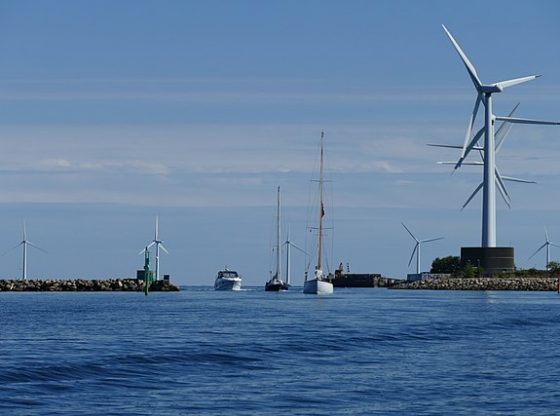The American Petroleum Institute (API), the biggest oil and gas trade group in the U.S., is challenging the Biden administration’s skimpy five-year leasing schedule for offshore oil and gas drilling.
The Department of the Interior (DOI) unveiled the offshore leasing schedule in September 2023, making the minimum of 60 million acres available for offshore oil and gas activity between 2024 and 2029 as required by the terms of the Inflation Reduction Act (IRA). API and other industry groups slammed the schedule upon its release, and the lawsuit that API filedon Monday seeks to have the U.S. Court of Appeals for the District of Columbia review the plan, which the trade group claims is “arbitrary, capricious, and not in accordance with law.”
The Biden administration released the plan for Gulf of Mexico leases about 500 days after it was supposed to publish it, according to API. The schedule breaks up the total acreage into three sales over five years, with no sales set for 2024, 2026 or 2028, making it the most restrictive five-year schedule in modern American history, according to DOI.
“The Biden-Harris administration is committed to building a clean energy future that ensures America’s energy independence,” Haaland said of the schedule’s release in September 2023.
Offshore oil production in federally-controlled waters in the Gulf of Mexico provided about 15% of total U.S. crude oil output in 2021, according to the U.S. Energy Information Administration. Additionally, a May 2023 study commissioned by the National Ocean Industries Association (NOIA) found that oil extracted from the Gulf of Mexico has an average carbon intensity that is about 23% lower than the global average, excluding the U.S. and Canada.
The IRA requires the administration to schedule at least 60 million acres of offshore territory for oil and gas drilling throughout the five-year plan in order to continue issuing leases for offshore wind development, according to DOI.
“In issuing a five-year program with the fewest lease sales in history, the administration is limiting access in a region responsible for generating among the lowest carbon-intensive barrels in the world, putting American consumers at greater risk of relying on foreign sources for our future energy needs,” API Senior Vice President and General Counsel Ryan Meyers said of his organization’s lawsuit. “Today, we are taking action to challenge this shortsighted program so that future generations of Americans will continue to benefit from our energy advantage for decades to come.”
The White House, BOEM and DOI all did not respond immediately to a request for comment.
Nick Pope on February 12, 2024












